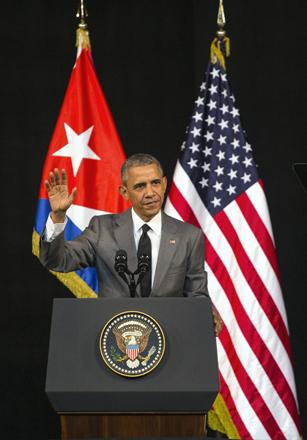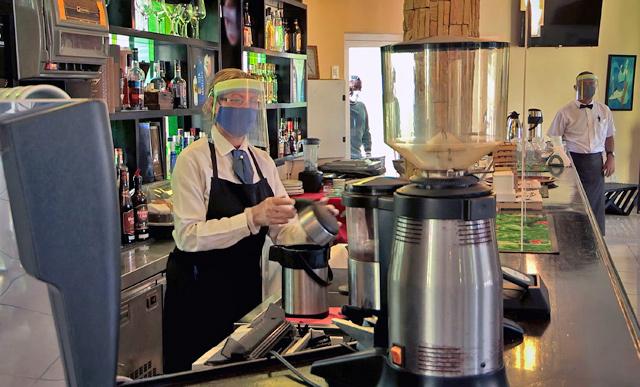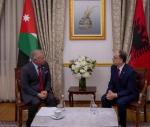You are here
UN assembly condemns US embargo on Cuba, for 28th time
By AFP - Nov 07,2019 - Last updated at Nov 07,2019

In this photo taken on February 28, old American cars drive near the Habana Libre Hotel, former Havana Hilton (AFP file photo)
UNITED NATIONS, United States — The UN General Assembly condemned the nearly 60-year-old US embargo on Cuba on Thursday for the 28th year in a row, calling for an end to it by a vote of 187 to three.
First imposed on October 19, 1960 in response to Havana’s nationalisation of US-owned oil refineries, and extended in 1962, the embargo is an enduring legacy of the Cold War hostilities between the two countries.
It was denounced as “anachronistic” and “inhumane” during two days of debate by the General Assembly.
In 2016, the US abstained for the first time in the annual UN vote amid a historic US rapprochement with Cuba under former president Barack Obama.
But diplomatic relations between the two countries have turned cold since Donald Trump’s arrival in the White House.
Cuban Foreign Minister Bruno Rodriguez charged there has been “an escalation in aggression against Cuba” under Trump, whose government, he said, “does not hide its intention to economically asphyxiate Cuba and increase the damage, shortages and suffering of its people”.
Havana claims the embargo has caused $138 billion in damage to the island’s economy, in today’s dollars.
The US ambassador to the United Nations, Kelly Craft, blamed the Cuban regime, accusing it of abuses against its own people, and of sowing regional instability.
Related Articles
President Barack Obama told Congress on Tuesday he intends to remove Cuba from a US list of state sponsors of terrorism, clearing the main obstacle to restoring diplomatic relations and reopening embassies shut for more than half a century.
HAVANA — US President Barack Obama delivered an impassioned appeal for political liberties in Cuba, including freedom of expression and reli
HAVANA — Cuba is undergoing a paradigm shift: After decades of tight, centralised control, the government is opening up the bulk of its econ



















